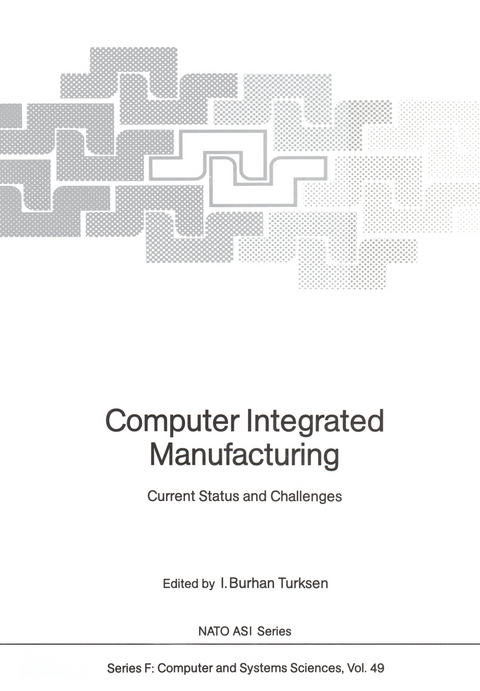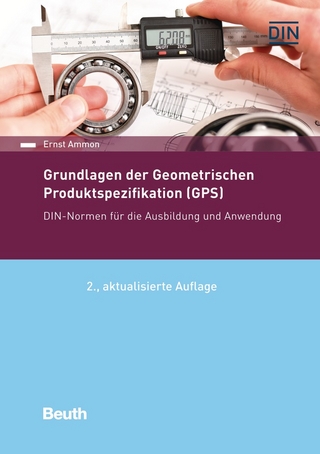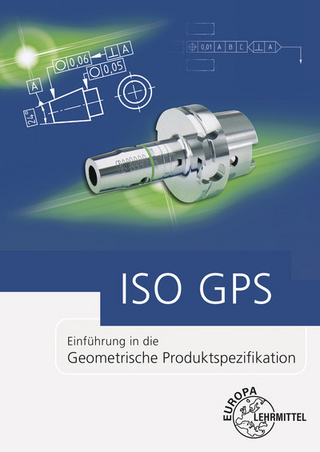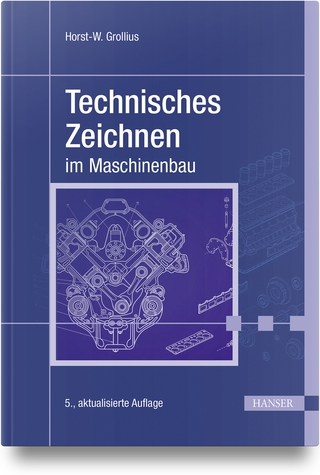
Computer Integrated Manufacturing
Springer Berlin (Verlag)
978-3-642-83592-6 (ISBN)
The Current state of expectations is that Computer Integrated Manufacturing (CIM) will ulti mately determine the industrial growth of world nations within the next few decades. Computer Aided Design (CAD), Computer Aided Manufacturing (CAM), Flexible Manufacturing Systems (FMS), Robotics together with Knowledge and Information Based Systems (KIBS) and Com munication Networks are expected to develop to a mature state to respond effectively to the managerial requirements of the factories of the future that are becoming highly integrated and complex. CIM represents a new production approach which will allow the factories to deliver a high variety of products at a low cost and with short production cycles. The new technologies for CIM are needed to develop manufacturing environments that are smarter, faster, close-cou pled, integrated, optimized, and flexible. Sophistication and a high degree of specialization in materials science, artificial intelligence, communications technology and knowledge-information science techniques are needed among others for the development of realizable and workable CIM systems that are capable of adjusting to volatile markets. CIM factories are to allow the production of a wide variety of similar products in small batches through standard but multi mission oriented designs that accommodate flexibility with specialized software.
1. Current Status.- Computer Integrated Manufacturing.- Automated Progress Planning.- On Systems Engineering for Computer Integrated Manufacturing.- Factory Automation and Robot Engineerings.- 2. New Directions.- New Directions in Decision Support for Manufacturing.- Industrial Applications of Artificial Intelligence.- Intelligent Knowledge Bases of CAD Environments: The Hybrid System "KANON".- An Information System Architecture for Robot Cell Programming.- 3. Management of Uncertainty.- A Computational Theory of Dispositions.- An Approximate Reasoning Framework for Aggregate Production Planning.- Fuzzy Robot Vision and Fuzzy Controlled Robot.- OPAL: A Knowledge-Based System for Industrial Job-Shop Scheduling.- 4. Models Toward Integration.- Designing the Layout and the Control System of FMS.- Feedback Control Theory Approach for Scheduling Flexible Manufacturing Systems.- Optimum Storage Layout in Flexible Manufacturing.- Minimal Bottleneck Cell Approach for Generating Part-Machine Families in Cellular Manufacturing.- Present State of Manufacturing Automation.- Modelling a Belt Conveyor.- Programmable Parts Manipulation and Assembly.- Shape Models in Computer-Integrated Manufacture.- Image Acquisition and Processing Techniques for Industrial Inspection.- Author Index.
| Erscheint lt. Verlag | 5.12.2011 |
|---|---|
| Reihe/Serie | NATO ASI Subseries F: |
| Mitarbeit |
Stellvertretende Herausgeber: Kiyoji Asai, Gunduz Ulusoy |
| Zusatzinfo | VIII, 568 p. |
| Verlagsort | Berlin |
| Sprache | englisch |
| Maße | 170 x 244 mm |
| Gewicht | 993 g |
| Themenwelt | Informatik ► Weitere Themen ► CAD-Programme |
| Schlagworte | Artificial Intelligence • Automation • Fuzzy Logic • Fuzzy Sets • fuzzy system • Intelligence • Knowledge • knowledge base • Knowledge-Based System • Modeling • Planning • Production • robot • Scheduling • Uncertainty |
| ISBN-10 | 3-642-83592-9 / 3642835929 |
| ISBN-13 | 978-3-642-83592-6 / 9783642835926 |
| Zustand | Neuware |
| Haben Sie eine Frage zum Produkt? |
aus dem Bereich


